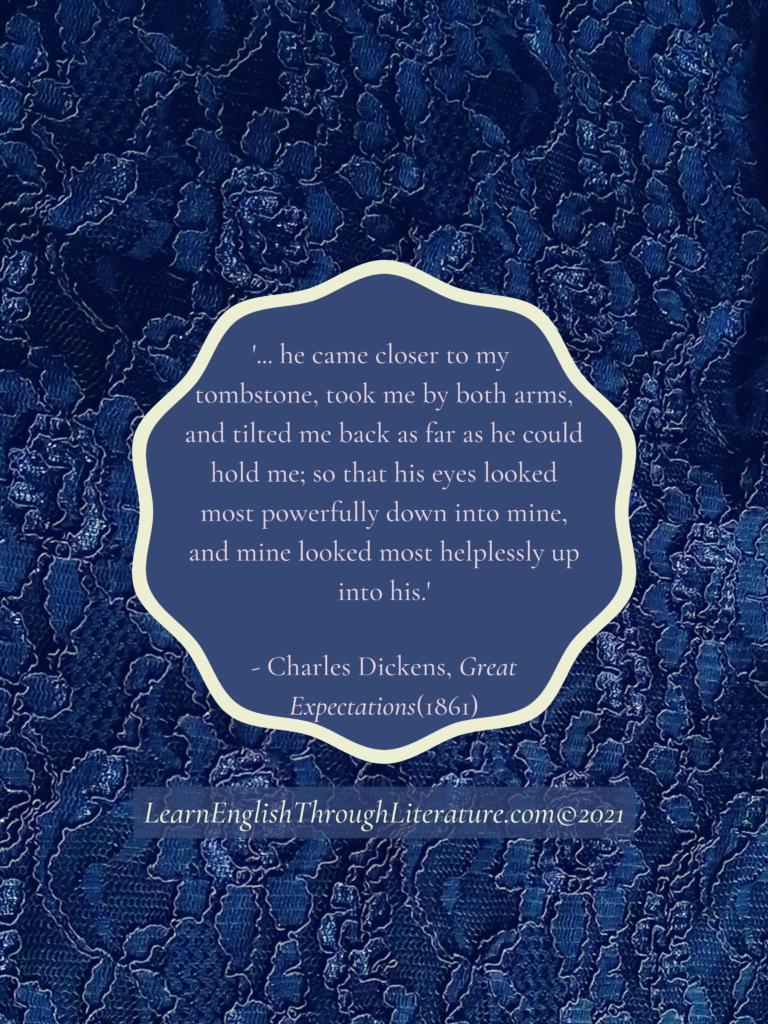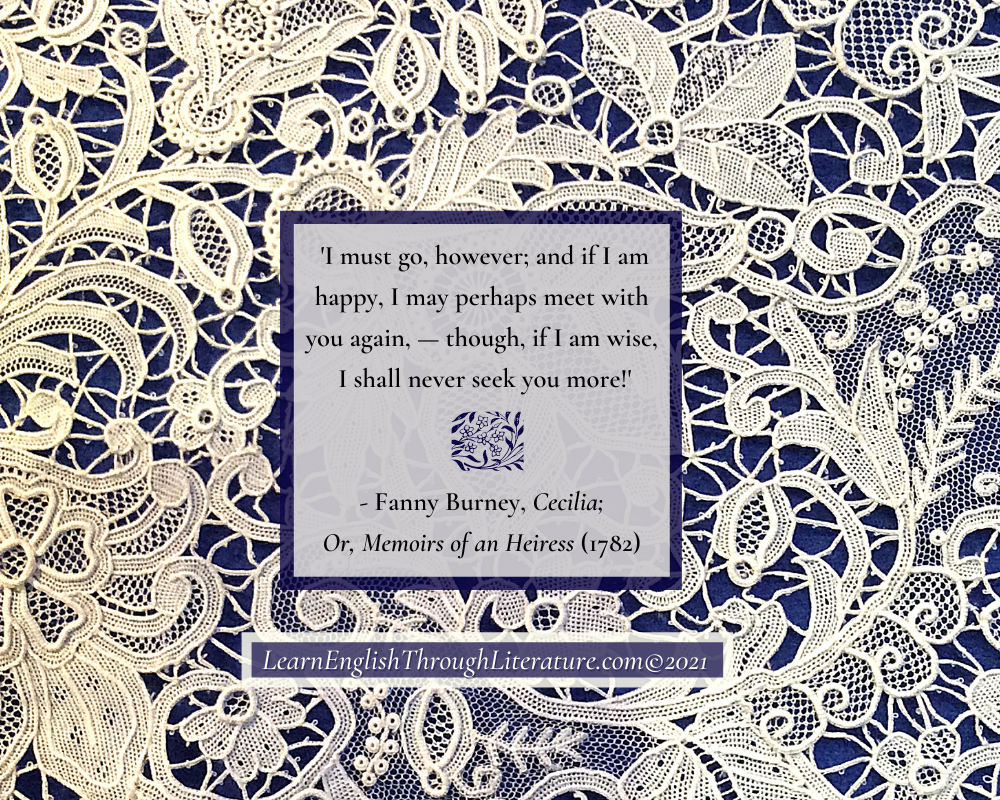Mini-Lesson Monday, Lesson #188 (Part 2): Considering ‘Can’, ‘Could’, and ‘Be Able To’ through Dickens’ ‘Great Expectations’
📘 ‘He seemed so brave and innocent, that although I had not proposed the contest, I felt but a gloomy satisfaction in my victory. Indeed, I go so far as to hope that I regarded myself while dressing as a species of savage young wolf or other wild beast. However, I got dressed, darkly wiping […]



